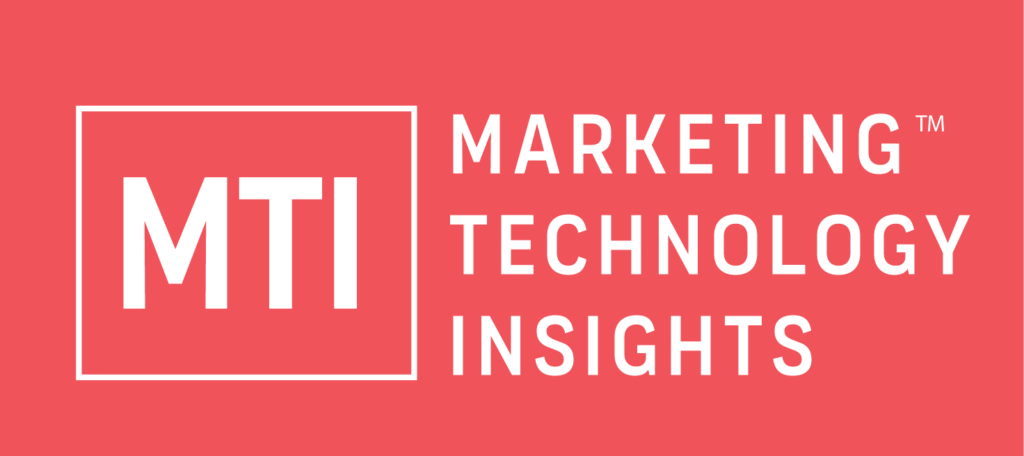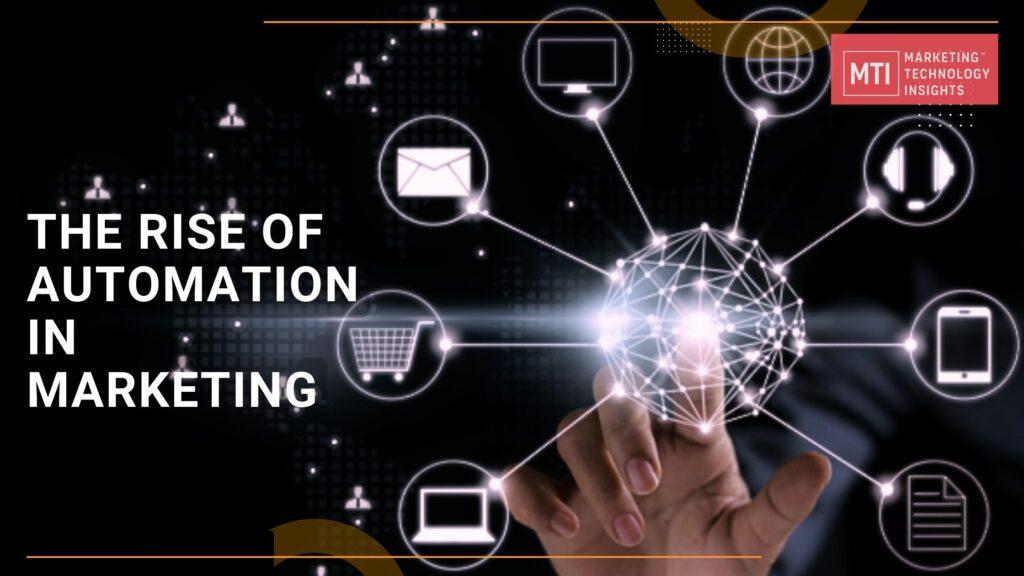In the fast-paced and ever-evolving digital age of today, the marketing landscape is in a perpetual state of flux. Consumers find themselves inundated with a deluge of information across a myriad of channels, from social media platforms to email newsletters, making it increasingly challenging for businesses to capture their attention and deliver impactful messaging. In such a cacophonous environment, the ability to cut through the noise and connect with consumers on a personal level has become paramount for brands seeking to thrive in the digital marketplace. This is where the transformative power of marketing automation shines brightest – offering a potent blend of cutting-edge technology and strategic insight to streamline workflows, boost operational efficiency, and deliver highly personalized customer experiences that resonate with individual preferences and interests.
At its core, marketing automation represents a paradigm shift in the way businesses engage with their audience, leveraging advanced software and algorithms to automate repetitive tasks, segment audiences, and orchestrate multi-channel campaigns with precision and efficacy. By harnessing the power of automation, marketers can streamline their workflows, freeing up valuable time and resources to focus on strategic initiatives and creative endeavors. From scheduling social media posts to nurturing leads through targeted email campaigns, marketing automation empowers businesses to deliver the right message to the right person at the right time, maximizing engagement and driving conversions.
What is Marketing Automation?
Marketing automation refers to the use of software platforms to automate repetitive marketing tasks. Imagine a tireless assistant who handles scheduling emails, nurturing leads, and analyzing data – that’s the essence of marketing.
The advantages of implementing automation in marketing are numerous:
- Increased Efficiency: Automation frees up valuable time for marketers, allowing them to focus on strategic initiatives and creative endeavors.
- Improved Lead Management: Automated lead nurturing sequences keep potential customers engaged, ultimately converting them into loyal patrons.
- Personalized Customer Experiences: Automation enables the delivery of targeted content and offers based on customer preferences and behavior.
- Data-Driven Decisions: Marketing automation platforms provide in-depth analytics, allowing marketers to track campaign performance and make data-driven decisions.
- Enhanced ROI: Streamlined processes and targeted campaigns lead to a higher return on investment (ROI) for marketing efforts.
Platforms for Streamlined Campaign Management
The market offers a plethora of marketing automation platforms, each catering to specific needs and budgets. Here’s a glimpse into some of the leading players:
| Platform | Key Features | Pricing (Approx. Yearly) |
| HubSpot | User-friendly interface, extensive email marketing tools, CRM integration | Free (limited features) – $48,000+ |
| Marketo Engage | Robust lead management, advanced analytics, marketing attribution | $3,600 – $100,000+ |
| Pardot (by Salesforce) | Seamless integration with Salesforce CRM, lead scoring, A/B testing | $1,200 – $36,000+ |
| Drip | Ideal for e-commerce marketing, personalized email automation, customer journey mapping | Free (limited features) – $12,000+ |
| Mailchimp | User-friendly email marketing platform, landing page creation, marketing automation workflows | Free (limited features) – $24,000+ |
Choosing the Right Platform
Selecting the optimal marketing automation platform depends on several factors:
- Business Size and Needs: Larger companies might require feature-rich platforms like Marketo, while smaller businesses might find HubSpot or Mailchimp more suitable.
- Budget: Marketing platforms range from free (with limited features) to premium tiers with advanced functionalities.
- Technical Expertise: Consider the level of technical expertise within your team when choosing a platform. Some platforms are more user-friendly than others.
Getting Started with Automated Marketing
Here are some initial steps to embark on your marketing automation journey:
- Define Your Goals: Determine what you want to achieve with automation. Is it lead generation, increased brand awareness, or improved customer engagement?
- Identify Your Target Audience: Understanding your ideal customer is crucial for crafting targeted campaigns.
- Segment Your Audience: Divide your audience into distinct groups based on demographics, interests, and behavior for personalized messaging.
- Develop Engaging Content: Create valuable content that resonates with your audience at different stages of the buyer’s journey.
- Measure and Analyze: Regularly monitor your campaign performance and make adjustments based on data insights.
The Future of Marketing Automation
As we look ahead, several key trends in marketing automation are poised to reshape the industry and redefine the way brands engage with their audiences.
One of the most exciting developments on the horizon is the emergence of AI-powered content creation. With AI algorithms becoming increasingly sophisticated, marketers can harness these tools to streamline and enhance their content creation processes. From crafting compelling copy to generating dynamic visuals, AI-driven content creation holds the potential to revolutionize the way brands connect with consumers. By leveraging AI, marketers can tailor content to resonate with specific audience segments, delivering highly personalized messages that resonate with individual preferences and interests.
Predictive analytics represent another frontier in the realm of marketing automation. By harnessing the power of advanced analytics and machine learning algorithms, marketers can gain deeper insights into consumer behavior and preferences. These predictive models can forecast future trends, anticipate customer needs, and identify opportunities for targeted engagement. Armed with this predictive intelligence, marketers can develop highly targeted campaigns that resonate with their audience on a deeper level, driving greater engagement and conversion rates.
Furthermore, the future of marketing lies in the realm of omnichannel marketing. As consumers increasingly interact with brands across multiple touchpoints, from social media platforms to email newsletters, marketers must adapt their strategies to deliver a seamless and cohesive experience across all channels. Omnichannel marketing automation solutions enable marketers to orchestrate campaigns across a diverse array of channels, ensuring consistent messaging and branding throughout the customer journey. By integrating data and insights from across the marketing ecosystem, omnichannel automation empowers marketers to deliver a unified and personalized experience to every customer.
In addition to these trends, the future of marketing automation is also characterized by a growing emphasis on data privacy and security. With consumers becoming increasingly concerned about the privacy of their personal information, marketers must prioritize transparency and compliance in their data practices. By adopting robust data governance frameworks and implementing stringent security measures, marketers can build trust with their audience and ensure the integrity and confidentiality of their data.
Conclusion
Marketing automation is no longer a luxury; it’s a necessity in today’s competitive marketing landscape. By leveraging these powerful platforms, businesses can streamline workflows, personalize customer interactions, and achieve significant marketing success. As AI and ML continue to evolve, marketing automation will become even more sophisticated, empowering businesses to deliver exceptional customer experiences and drive long-term growth.



